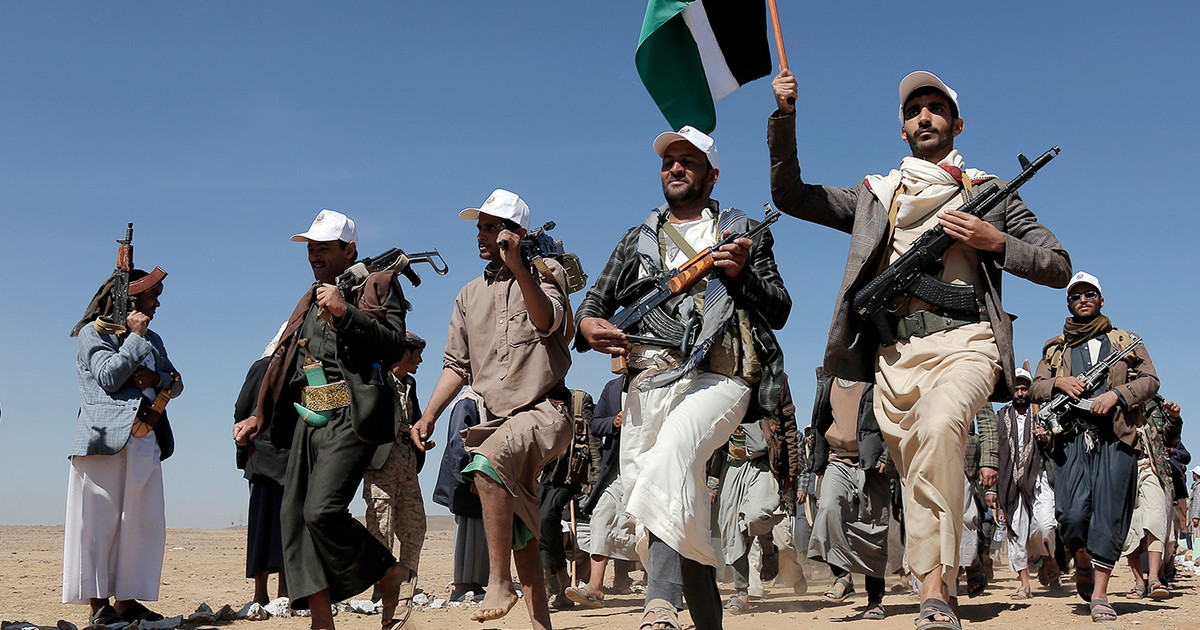Four months of war in Ukraine. It was dawn on February 24th when Russia launched the invasion of the country by dropping the first bombs from the sky. “I was going to the bathroom when there was an explosion. I lost consciousness and fell. When I recovered my face was covered in blood, now clotted. I had an open fracture in my arm and when I fell I also broke my nose. I was alone and in pain, asking for help but no one heard me. Later, a volunteer found me and it took two days to find an ambulance to take me to the hospital. ‘ To speak is one 92-year-old lady from Lyman, Donetsk region. She was rescued by the operators of Doctors Without Borders and transported inside the train used as an emergency clinic which, with journeys lasting 20/30 hours, transports the wounded from the most affected areas of Ukraine to the safest ones. And he treats them, assists them, saves their lives. It has done so since the beginning of the war, which today has reached fourth month of uninterrupted conflict.
One hundred and twenty days in which civilians, women and children never felt safe. “The wounds and stories of our patients indisputably show the shocking suffering that the indiscriminate violence of this war is inflicting on civilians”, underlines declares Christopher Stokes, MSF Emergency Coordinator in Ukraine. “Many of the people aboard the MSF train were injured following military attacks that hit residential areas. Even if we cannot confirm the intention to strike civilians, the decision to use heavy weapons on densely populated areas inevitably, and therefore knowingly, involves their killing or wounding ».
The data and testimonies collected inside the train transformed into a hospital and published by Doctors Without Borders in the report “No mercy for civilians”, recount the lack of protection of civilians from the war in Ukraine. Over 40% of the war wounded transferred by train are elderly and children with blast injuries, traumatic amputations, shrapnel and gunshot injuries. “A serious violation of international humanitarian law”says MSF.
Over 10% of traumatic patients treated have lost one or more limbs, the youngest was just six years old. Then there are the stories: of those who lost everything and were hit by explosions while trying to escape, who saw his house suddenly fall apart and was saved by a miracle, who was unable to save the person that he had next to. Stories that hide behind the faces of the nearly eight million civilians who have fled Ukraine and in the eyes of those who have chosen to stay. And he asks not to be forgotten.
-War in Ukraine: how to offer hospitality to refugees
-Ukraine, Elena: “Mom, Dad, our house in Mariupol is gone”
Source: Vanity Fair






